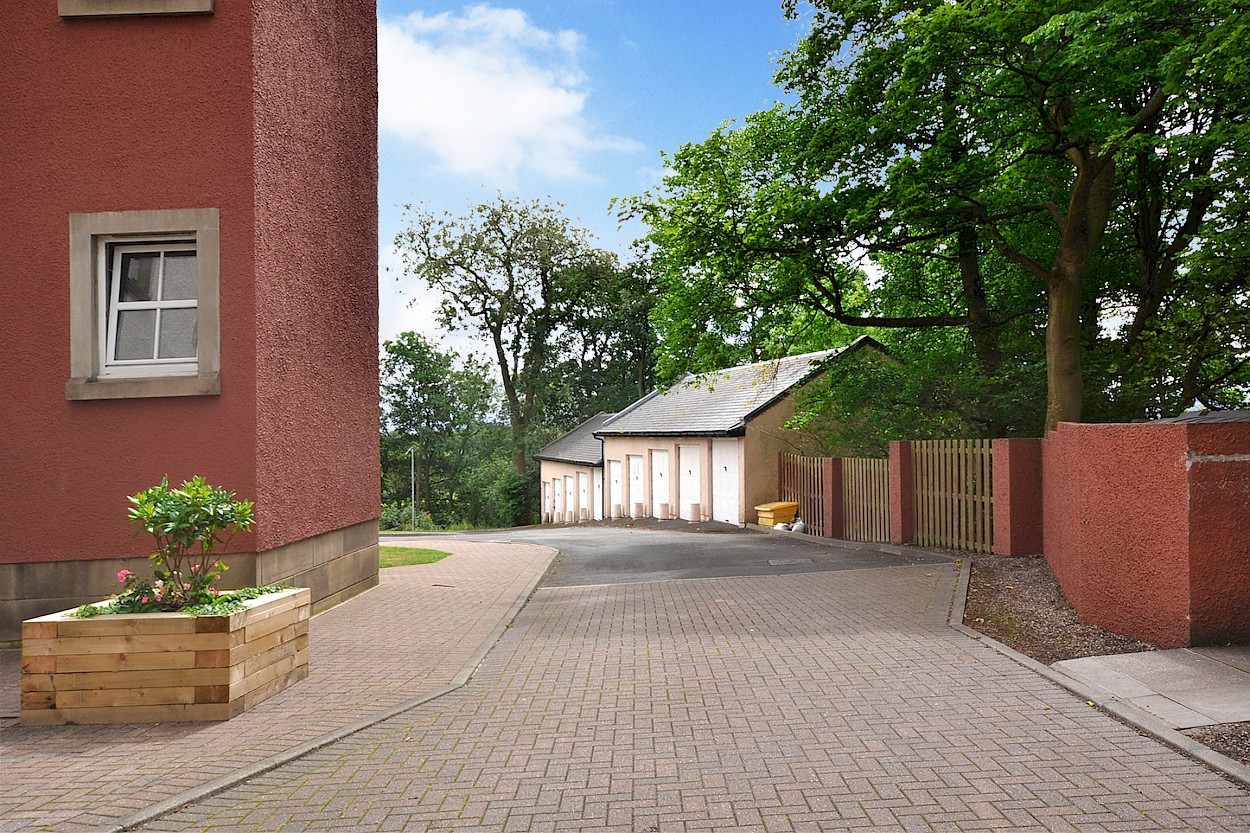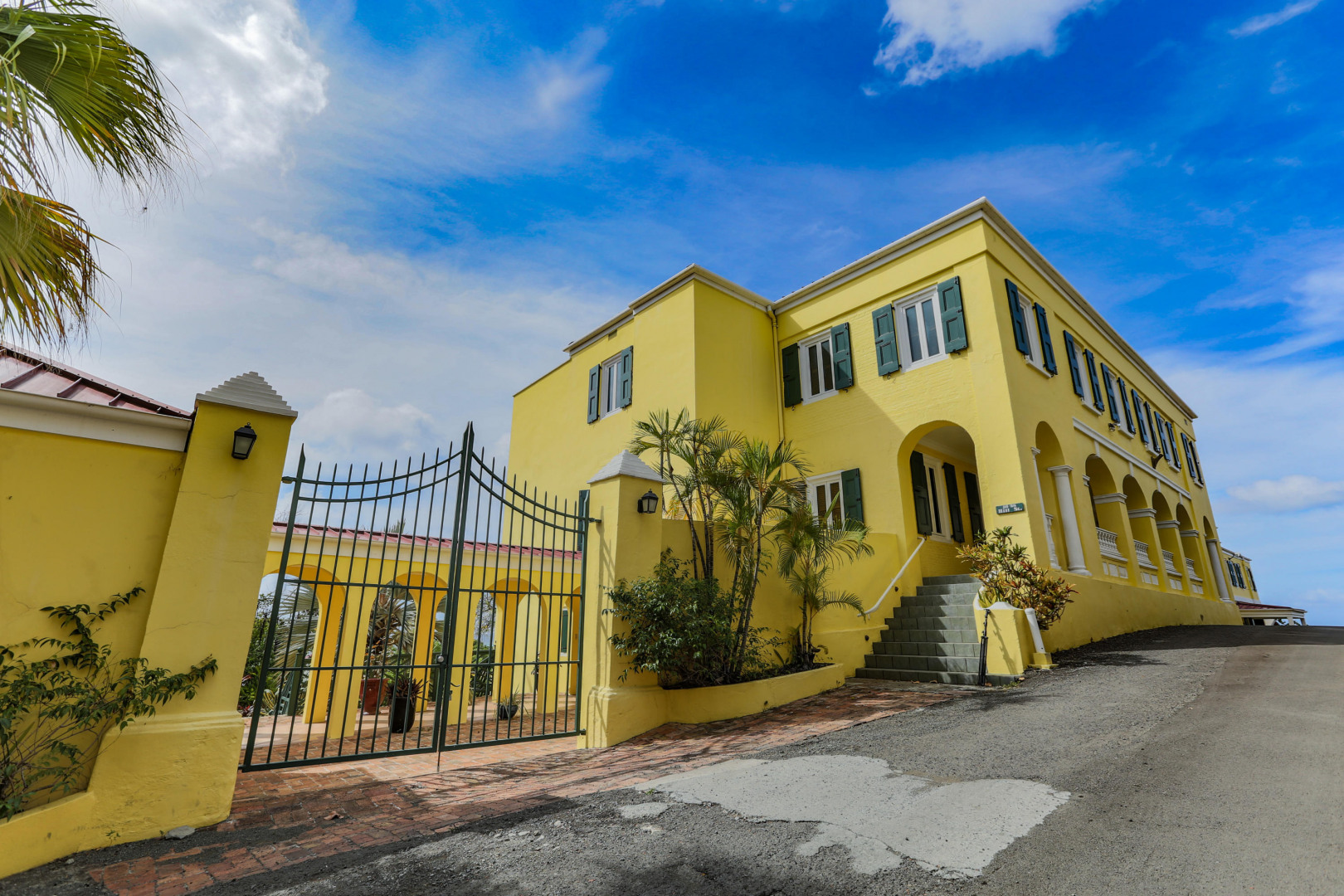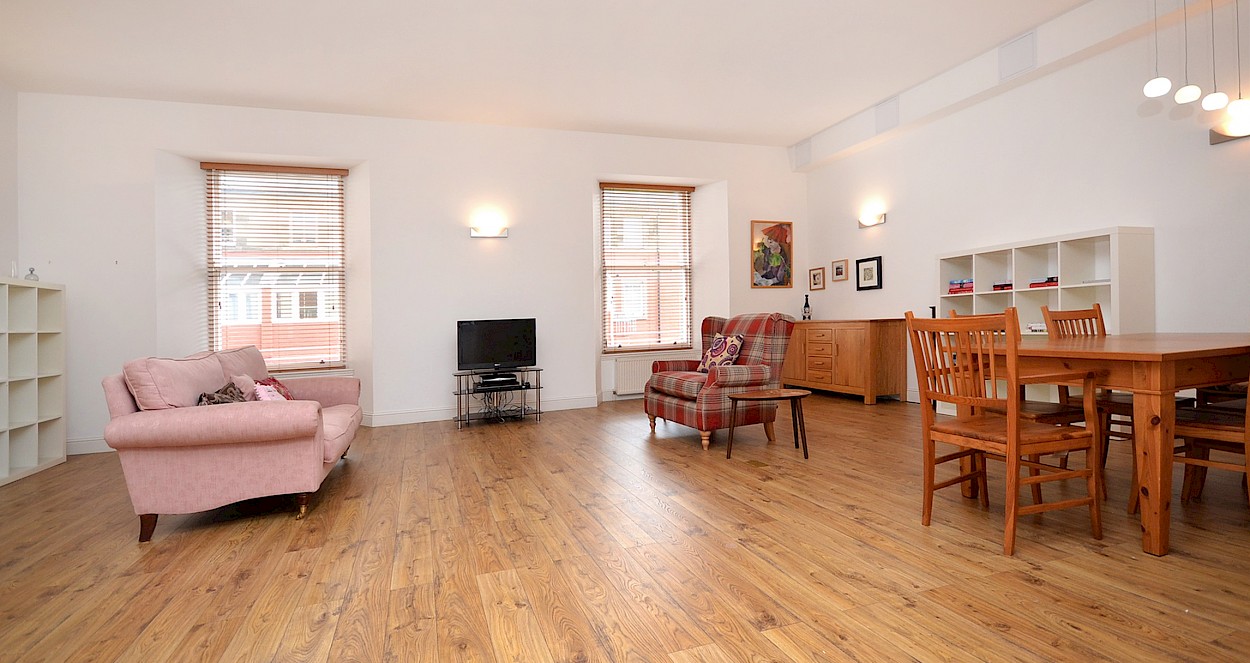



Sainthill was appointed as one of the "Commissioners for managing the King's affairs in the West", and is mentioned by Clarendon in his History of the Rebellion as one of the Commissioners who met the Prince of Wales at Bridgwater in Somerset on 23 April 1645, "to consult on the best steps to be taken for the King's service".įollowing the downturn in the fortunes of the Royalists, Sainthill fled the Parliamentarian army, which led by General Fairfax had set up quarters at Bradninch on 16 October 1645. The royal army duly arrived in the area in September and was quartered in and around Bradninch on 17 September 1644. It was on this occasion that Sainthill is supposed to have loaned the king money for the war effort, and that in acknowledgement of such the king inscribed his initials on a wooden door in the house. The king arrived at Bradninch, where he was a guest of Sainthill at Bradninch House for one day and night on 27 July 1644. In the early summer 1644 the king was in Devonshire, and marched from Plymouth north-eastwards towards Tiverton, himself attended only by his own troop, having ordered the principal officers of the court to go to Exeter in the east, with the royal army to follow him by slow marches, and to be quartered at Tiverton and other towns adjacent. Sainthill was Captain of his local Trained Band raised in and around Bradninch, one of many raised by the king's Commissioners of Array in Devonshire. In consequence, the Parliament in their propositions for Peace addressed to the king on 23 November 1644, required that Peter Sainthill, (among others) be removed from Court, and from the King's Councils, be rendered incapable of ever holding office, and that a third of the value of his estates be employed for the payment of the public debt. At the start of the Civil War he was one of the 118 Members of Parliament who sat in the Parliament of Oxford, convened by the king in January 1643, and was one of the signatories of the letter to the Earl of Essex on the 27 January 1643. He was re-elected in November 1640 for the Long Parliament but supported the king and was thus disabled from sitting in January 1644. In April 1640 Sainthill was elected a Member of Parliament for Tiverton in the Short Parliament. He served in the honourable office of Recorder of Bradninch, an ancient borough the manor of which was caput of the feudal barony of Bradninch long held by the Dukes of Cornwall, eldest sons and heirs apparent to the ruling monarch. As one of the earliest pupils of that school his biography is included in the Worthies of Blundell's by M.L.
#21 sainthill st free
He was educated at the Free Grammar School (now Blundell's School) at Tiverton, Devon, six miles south-east of Bradninch, founded by the will of the wealthy clothier Peter Blundell (c.1520-1601). The Sainthill family originated at the manor of Saint Hill, Devon, six miles north-east of Bradninch. Sainthill was born on 8 July 1593 at Bradninch, the son of Peter II Sainthill (1561-1618) of Bradninch House (eldest son and heir of Peter I Sainthill (c.1524-1571) of Bradninch, MP) by his wife Elizabeth Martin (d.1613), a daughter of Thomas Martin (1520/1–1592/3) of Steeple Morden in Cambridgeshire, Doctor of Civil Law and Member of Parliament.


 0 kommentar(er)
0 kommentar(er)
